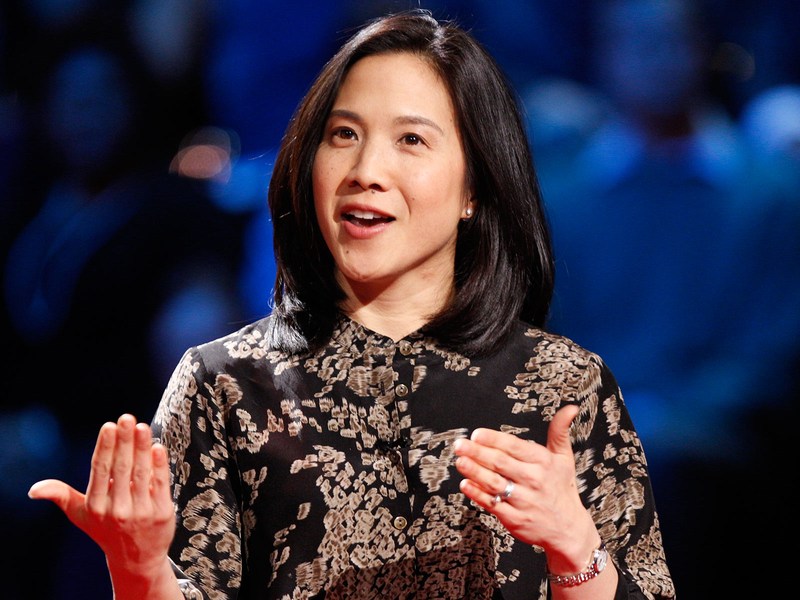Religion Dispatches has a great post up about the popularity of TED talks and the ways they hearken back to 19th century Lyceum lectures by luminaries such as Ralph Waldo Emerson.
There’s the same sense that intellectual life should be popularized, and that cutting-edge ideas should be tested in front of a diverse audience through the medium of public speaking.
And there’s the pairing of identity with the consumption of big ideas. People didn’t go to the lyceum to learn facts about mummies and steam engines that would help them become better shopkeepers. They went to lyceum talks to participate in a culture of ideas. They went to see and to be seen, and to perform their middle-class-ness, just as attendance at a TED or TEDx conference, or association with that brand, signals membership in the creative class.
The piece also explores the way that TED talks tap into a deep root of American spirituality
Tom Wright, [a lecturer at the University of Sussex and the editor of The Cosmopolitan Lyceum ] calls the lyceum lecture “a displaced secular sermon.” When I brought this term up with [Vanderbilt historian Paul] Stob, he paused and asked what I meant by secular. “Maybe it’s just preaching, not even secular preaching,” he said. “The lecture circuit wasn’t narrowly religious, in a sectarian sort of sense, but there was tons of religion in it. And I think…there’s a sort of spirituality, at the very least, that runs through a lot of TED talks, even if it’s not narrowly religious. There are stories of salvation, in a worldly sort of sense of the term.”
For the most part, Americans today consume public speaking through three avenues: politics, the classroom, and the pulpit. Of these three, a good TED talk resembles nothing so much as a sermon. “The speakers seem fevered, possessed, Pentecostal,” tech critic Virginia Heffernan wrote in the New York Times Magazine back in 2009. “A great TED talk is reminiscent of a tent revival sermon,” Megan Hustad wrote in the Times last year, describing the crowd as a “gathering of the curious and the hungry.” Speakers offer a blend of Big Ideas with personal stories of loss, discovery, and transformation.
Christian Lundberg, an associate professor of rhetoric at the University of North Carolina, Chapel Hill, argues that the arc of a typical TED talk follows a common pattern in evangelical homiletics. In the classic arc of an evangelical sermon, the preacher identifies some moment of fallenness in the world, and then appeals to a text or idea that, properly interpreted, can redeem the rupture. Its a narrative of discovery; the sermon-giver offers “a nugget of truth that transforms my existence,” as Lundberg puts it.
In an evangelical sermon, that nugget of truth comes from the Bible. In something like a TED talk, the nugget usually comes through science or a technical breakthrough. But the basic appeal is the same: here is an idea—here is the Word—that will change your life. TED, Lundberg argues, is tapping into “this really powerful cultural story about the character of redemption and the redemptive power of ideas.”
Do you listen to TED talks? In what ways does this phenomenon speak to you or the American cultural ideas of redemption and self-improvement? Does this phenomenon offer an opportunity for the church or a model for engagement worth emulating or is it contrary to our understanding of how God’s redemptive grace works?
image: Angela Lee Duckworth from TED.com

